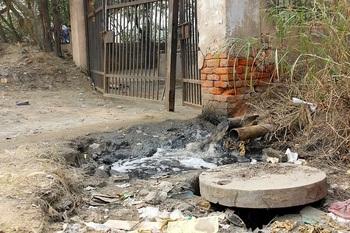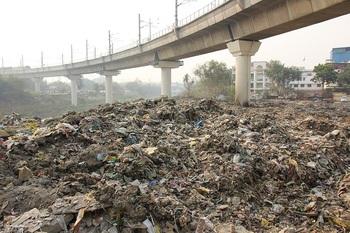Context
The growth of the manufacturing sector is a key factor in India’s development. The Indian Government has planned to increase its contribution to the gross domestic product from 16 to 25 per cent by 2021, thereby creating 100 million new jobs. There are currently some 3,000 industrial areas in India. Some of these, such as the industrial corridors, investment regions and production zones, are extensive. The industrial expansion involves various risks, including more pollution, the depletion of natural resources and increased generation of waste and wastewater, which endanger ecosystems. In 2009, the Central Pollution Control Board declared 75 out of 88 inspected industrial areas as severely polluted. The same goes for 351 river stretches (status 2018). Pollution from waste, wastewater and emissions and the overexploitation of natural resources pose a significant risk to sustainable development.
In some instances, the technical, organisational and personal capacities at administrative level make it significantly more difficult to draft and implement environmental measures. As a consequence, those causing environmental damage have no incentive to invest in more efficient and environmentally friendly production methods.
Objective
The Indian Government receives support to strengthen its strategic and operational governance structures to effectively combat pollution from industrial wastewater.


